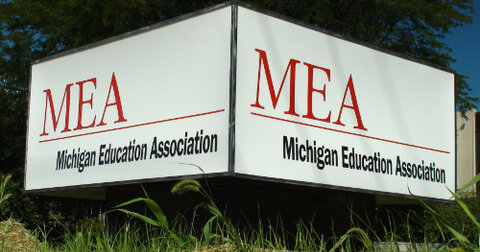Analysis: State Behind on School Employee Pension Reform
Michigan has been at the forefront of reforming its retirement system for state employees. It is time to do the same for the state-run school employee pension plan.
In 1996, Michigan was one of the first government pension systems to convert to a defined-contribution 401(k) plan — but it only applied to those who work for the state itself, not school employees. All new state employees hired since then are offered up-front contributions to individual retirement accounts. Those hired previously are covered by a conventional defined-benefit system, with pension fund contributions calculated by actuaries using assumptions imposed by politicians.
State governments are notoriously bad at estimating how much will be needed to cover a lifetime of future pension payments for retired employees, and politicians are even worse at actually providing the required contributions in annual budgets. After decades of shortchanging these contributions, most states are now burdened with massively underfunded pension systems.
With its 1996 state employee reforms, Michigan has saved itself up to $4 billion in unfunded liabilities. The system is still underfunded, but less so than many other states.
Last year, Michigan took another big step toward long-term fiscal sustainability by also reforming the health benefits the Legislature has chosen to give retired state employees, following the lead of some of the state’s local governments.
By offering a defined-contribution plan and cutting back on retiree health expenses, Michigan has been a leader in government pension reform. But this has only applied to the retirement system for state employees. No comparable reforms have been enacted in the system for school employees, which has accumulated an unfunded liability four times larger than the state plan.
The school employee retirement system is both over-promised and underfunded. It’s also unfair to taxpayers, providing benefits that few in the private sector receive, and it's imposing unsustainable burdens on local school budgets, requiring districts to contribute an amount equal to quarter of an employee’s salary into the fund (which could be better spent educating students). Enacting anything less than the reforms already in place for state workers should be considered a failure.
Michigan Capitol Confidential is the news source produced by the Mackinac Center for Public Policy. Michigan Capitol Confidential reports with a free-market news perspective.


